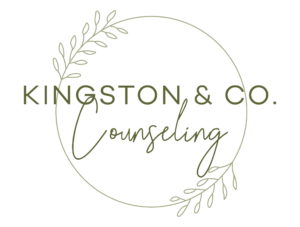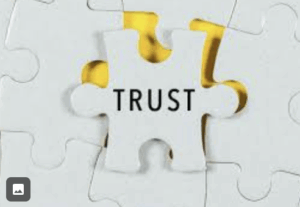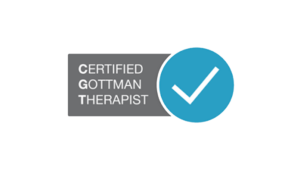Starting therapy is a courageous and important step toward improving your mental health and well-being. However, it’s natural to feel nervous or anxious before your first session. Whether you’re unsure of what to expect or worried about opening up to a stranger, these feelings are completely normal. In this blog post, we’ll provide practical tips to help you prepare for your first therapy session and ease any nerves you might have.
Understanding the Benefits of Therapy
Before diving into tips, it’s helpful to remind yourself why you’re seeking therapy in the first place. Therapy offers a safe and confidential space to explore your thoughts and emotions, work through challenges, and develop strategies for personal growth. It’s a proactive step toward taking control of your mental health and improving your quality of life. Keeping these benefits in mind can help shift your focus from nervousness to the positive outcomes you’re working toward.
Tips for Easing Pre-Therapy Nerves
1. Acknowledge Your Feelings
The first step in managing your nervousness is to acknowledge it. It’s okay to feel apprehensive about starting therapy—many people do. Allow yourself to feel these emotions without judgment. Recognizing that it’s normal to be nervous can help reduce the intensity of your feelings and make them easier to manage.
2. Do Some Research
Understanding what to expect in your first therapy session can alleviate some of the anxiety associated with the unknown. Most first sessions involve an initial assessment where your therapist will ask questions about your background, reasons for seeking therapy, and what you hope to achieve. You don’t need to have all the answers or be perfectly prepared—just be yourself and share what you’re comfortable with. If your therapist has a website or profile, reading up on their approach and areas of expertise can also help you feel more informed and at ease.
3. Prepare Mentally and Emotionally
Take some time before your session to reflect on what you want to discuss or achieve in therapy. You might find it helpful to jot down some notes or questions you have for your therapist. Consider what’s been on your mind recently, any specific issues you’d like to address, and what you hope to gain from therapy. Having a few points in mind can provide direction during your session and reduce the pressure to come up with things to talk about on the spot.
4. Practice Relaxation Techniques
If you’re feeling particularly anxious before your session, practicing relaxation techniques can help calm your nerves. Deep breathing exercises, progressive muscle relaxation, or mindfulness meditation can all be effective ways to reduce anxiety. Even taking a few deep breaths right before your session can help you feel more centered and focused.
5. Be Open and Honest
Therapy is most effective when you’re open and honest with your therapist. Remember, your therapist is there to support you, not to judge you. It’s okay to express your nervousness at the start of the session—your therapist will understand and can help guide the conversation to make you feel more comfortable. You don’t have to share everything right away; start with what you feel comfortable discussing, and the rest will come naturally as you build trust with your therapist.
6. Set Realistic Expectations
It’s important to remember that therapy is a process, not a quick fix. Your first session is just the beginning of your therapeutic journey, and it’s okay if you don’t have all the answers right away. Be patient with yourself and your therapist as you work together to identify goals and develop strategies for moving forward. Setting realistic expectations can help you feel less pressured and more open to the therapeutic process.
7. Focus on Self-Care After the Session
After your first therapy session, take some time to practice self-care. Therapy can be emotionally intense, especially when discussing difficult topics, so it’s important to give yourself space to process what was discussed. Engage in activities that relax and comfort you, whether it’s taking a walk, journaling, spending time with a loved one, or simply resting. This post-session self-care will help you integrate the experience and prepare for your next session.
When to Seek Professional Support
If your nervousness feels overwhelming or if you find that your anxiety is preventing you from attending your session, it might be helpful to discuss these concerns with your therapist. They can offer reassurance, suggest coping strategies, and adjust the pace of the sessions to better suit your comfort level. Remember, therapy is a collaborative process, and your therapist is there to support you every step of the way.
Conclusion
Feeling nervous before your first therapy session is completely normal, but it doesn’t have to hold you back. By acknowledging your feelings, preparing mentally, and practicing relaxation techniques, you can reduce your anxiety and approach your first session with greater confidence. Remember that therapy is a safe space designed to help you grow and heal, and your therapist is there to support you on this journey.
At Kingston & Co Counseling, we understand that starting therapy can be daunting, but we’re here to make the process as comfortable and supportive as possible. If you have any questions or would like to schedule your first session, please contact us. We’re here to help you take that important first step toward better mental health.







